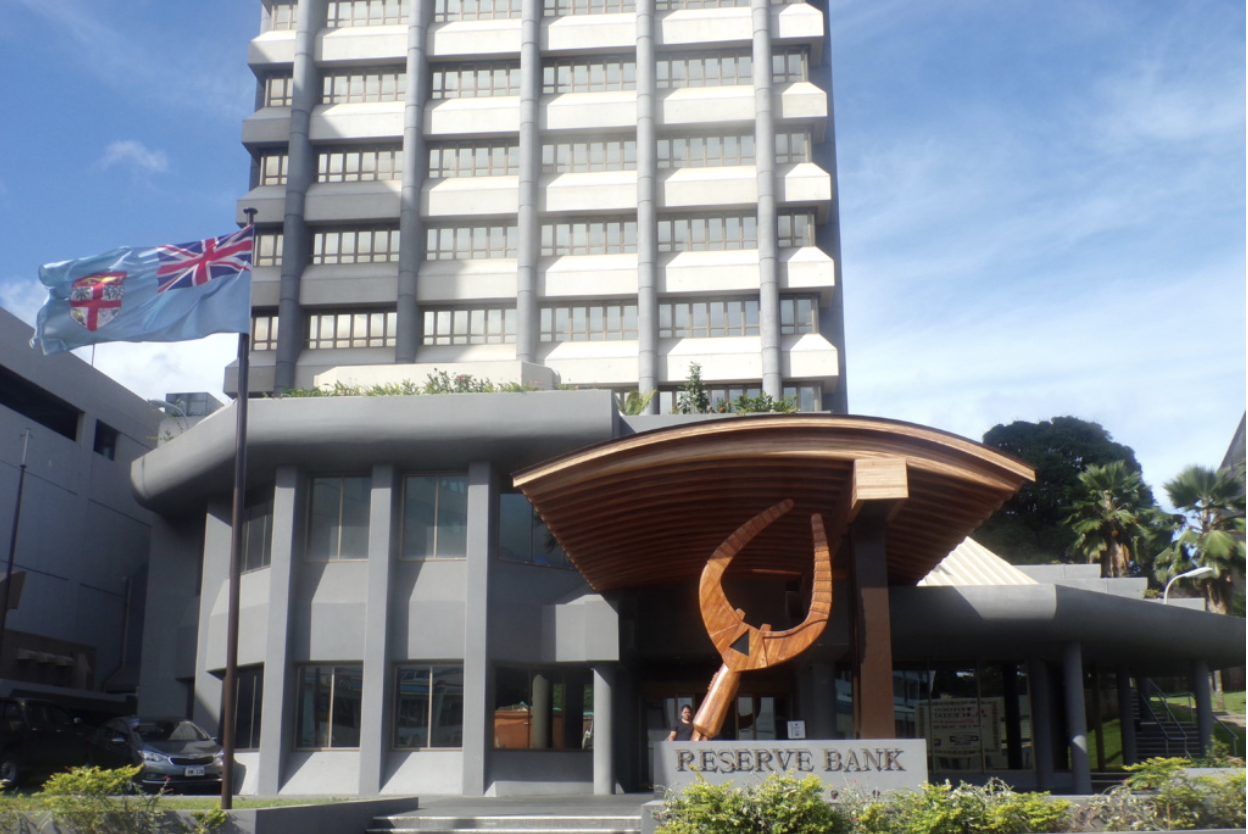Investment in Fiji’s economy continues to lag, despite the Reserve Bank of Fiji’s (RBF) efforts to stimulate growth through sustained low interest rates. For the fifth consecutive year, the RBF has maintained its Overnight Policy Rate at 0.25 per cent, a move intended to encourage economic activity by making borrowing cheaper. However, this strategy has yet to significantly boost investment activity.
RBF Governor and board chairman Ariff Ali highlighted that while consumption has been the main driver of economic growth, fuelled by increased tourist arrivals, personal remittances, and higher disposable incomes due to a tight labour market, investment has not responded as hoped. “Despite our accommodative stance, investment activity has been slow. However, recent indicators suggest a gradual improvement on the horizon,” Ali was quoted as saying in the Fiji Times recently.
The RBF remains cautiously optimistic that the initiatives outlined in Fiji’s 2024-25 National Budget will begin to stimulate more robust economic activity, particularly in the investment sector.
Although investment remains subdued, other areas of the economy show resilience. Tourism, a vital sector for Fiji, saw a 7 per cent increase in visitor arrivals during the first half of the year, driven largely by travellers from New Zealand, the United States, China, Australia, and neighbouring Pacific Island countries.
In the broader economic context, the financial sector has continued to support private sector credit growth, which accelerated to 11.3 per cent in June—its fastest pace since July 2017. However, the performance across other sectors has been mixed, with gold and electricity production on the rise, while timber and mineral water outputs have not kept pace.
On the monetary policy front, the RBF projects inflation to moderate from next month, stabilizing between 4 per cent and 5 per cent by year’s end, down from 6.7 per cent in June. Foreign reserves remain robust, standing at $3.5 billion, sufficient to cover 5.8 months of retained imports.
As Fiji navigates these economic challenges, the RBF’s steady approach reflects a cautious optimism, balancing current conditions with the anticipated impact of fiscal measures introduced in the latest budget.



